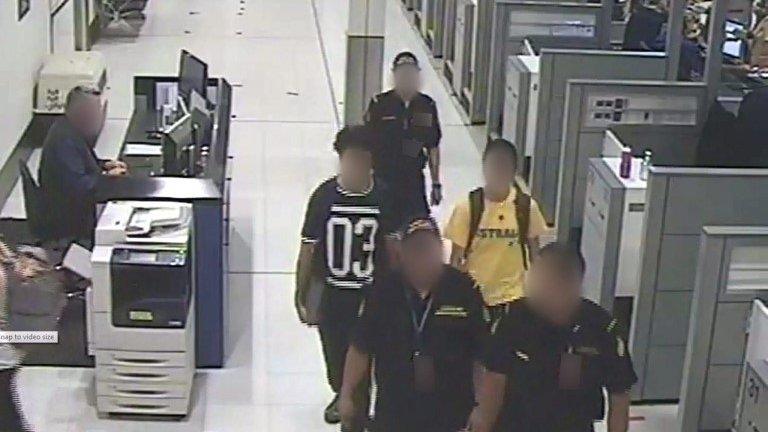Australia teen 'joined Syria terror group'
- Published
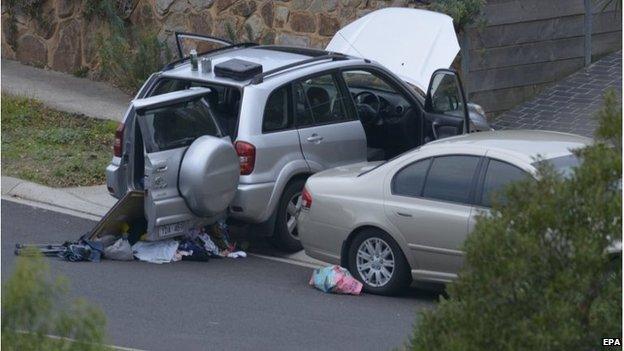
Police raided a teenager's home in Melbourne earlier this month
An Australian teenager has joined a terror group in Syria, police have said.
The 18-year-old man from the Darling Downs region in Queensland left the country in April.
According to local media reports, the Australian Federal Police (AFP) believe he joined al-Qaeda affiliate the al-Nusra Front.
The radicalisation and recruitment of adults and children is a mounting challenge for authorities in Australia.
Tareq Kamleh, an Australian doctor, recently appeared in an Islamic State propaganda video urging other medical professionals to join him in Syria.
This month, a 17-year-old Melbourne teenager was arrested in a raid on his family home after allegedly planning a bomb attack.
'Disturbing'
According to the AFP, the Darling Downs man tricked his family into allowing him to leave. They were said to be distraught and trying to convince him to return home, according to the Australian Broadcasting Corporation (ABC).
Around 90 Australians are believed to be fighting in the Middle East.
Queensland Premier Annastacia Palaszczuk said the latest report was "very disturbing", the Brisbane Times reports.
"We need to make sure that disengaged youth are not being subjected to encouragement from terrorist organisations," she saying, adding the government would work with the Islamic Council.
A spokesman for the Islamic Council of Queensland, Ali Kadri, told the ABC that young Australian Muslim men felt disenfranchised.
"The prime minster or the top ministers attacking Muslims make them feel more marginalised and alienated," Mr Kadri said.
"I would request politicians to watch what they say and be measured in their statements and not just make dog whistle political statements and address the issue at its core," said Mr Kadri.
In March it was reported that counter-terror units at Australian airports conducted 76,000 "real-time" stops of potentially suspicious travellers between August 2014 and February this year.
- Published8 May 2015
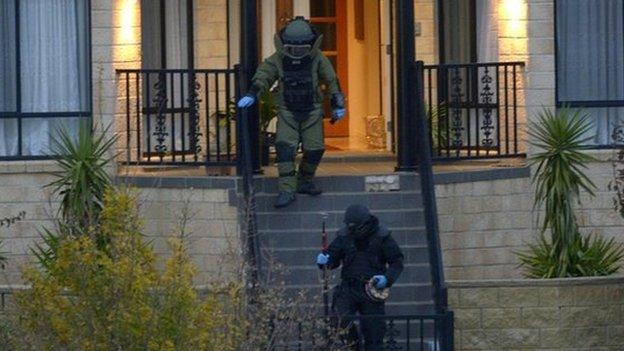
- Published10 April 2013
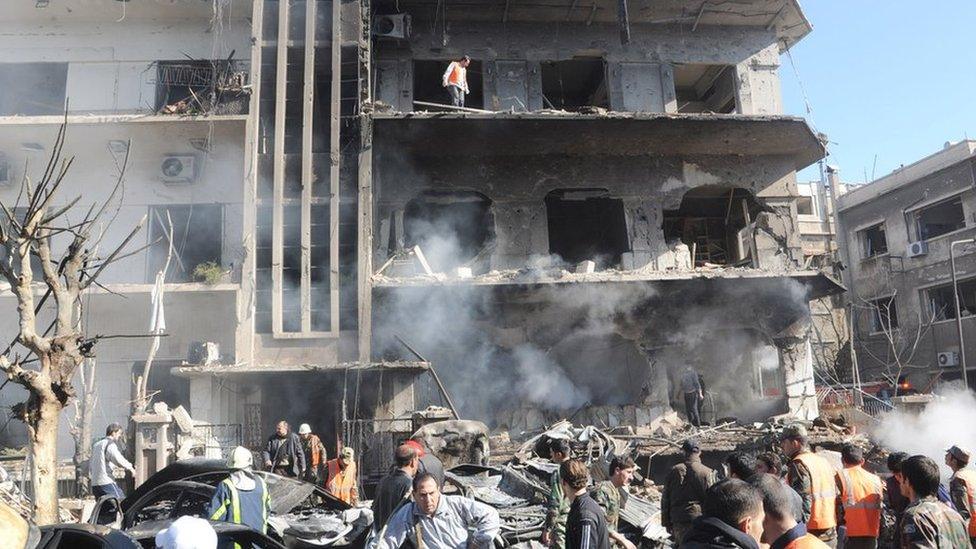
- Published12 March 2015
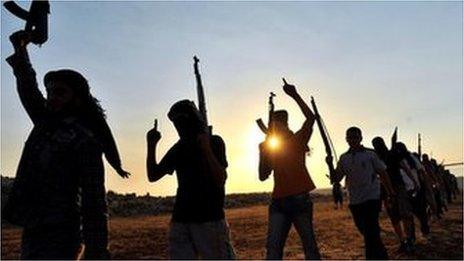
- Published20 April 2015
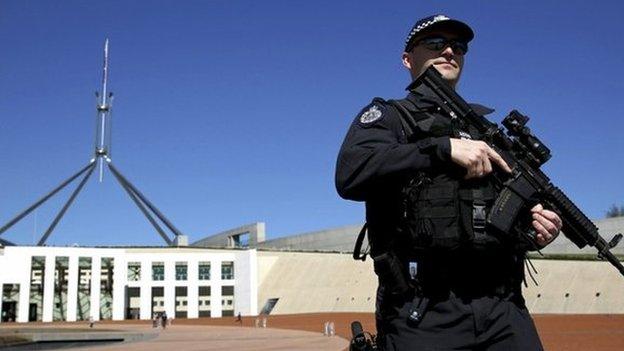
- Published16 March 2015
